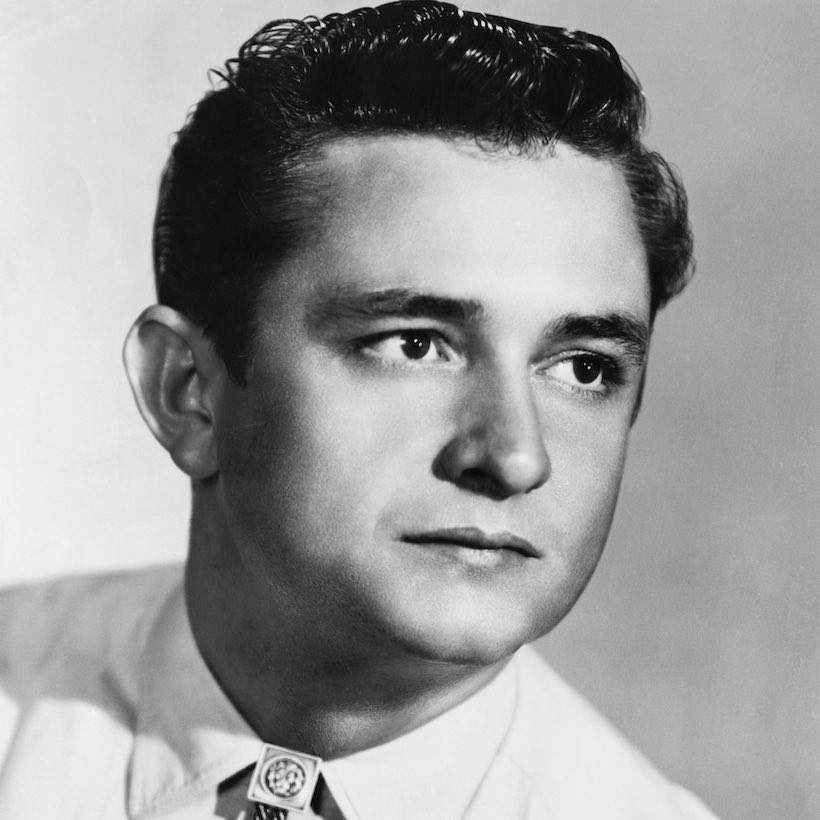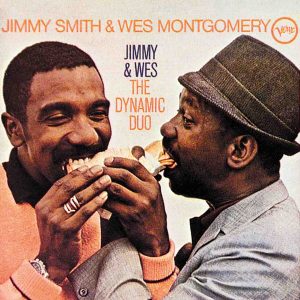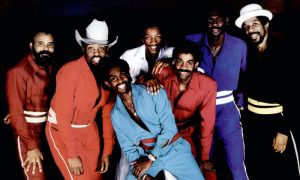The name of Johnny Cash began to edge into the national American consciousness in late 1955, when his Sun Records single “Cry! Cry! Cry!”, a substantial hit in Memphis, spent precisely one week on the national country charts. But five years earlier, during his four-year tenure in the US Air Force, he was involved in a very different sort of communication.
Growing up in Arkansas, Cash was showing prowess as a budding musician even before he entered his teens. But at the age of 18, Johnny enlisted in the Air Force, soon after North Korea’s invasion of the south signalled the beginning of the Korean War and American involvement in it. He was hardly disappointed to get away from what he saw as an extremely limiting existence for a youngster in the small town of Dyess.
A radio operator before he was on the radio
Cash started basic training at Lackland Air Force Base in Texas, and took the opportunity of learning to be a radio operator. With resources stretched by the conflict, recruit training was limited, so only weeks afterwards, on September 21, 1950 at Keesler Air Force Base in Biloxi, Mississippi, Cash began training to intercept Soviet Morse code correspondence. Further instruction came with the USAF Security Service at the Brooks base, near San Antonio.
As Stephen Miller recounted in his book Johnny Cash: The Life of an American Icon, it was on one of the future star’s regular Friday nights out in San Antonio that he went roller-skating and met the 17-year-old who would become his first wife, Vivian Liberto. Within two weeks, the cadet was sailing for his first foreign posting in Landsberg, West Germany. But such was the immediate chemistry between him and the local girl from an Italian family that, when he left the Air Force with an honorable discharge as a staff sergeant, he returned to Texas and the couple married in 1954.
Johnny and the Landsberg Barbarians
In between times, Cash had started performing popular country numbers with a group, the Landsberg Barbarians, as he developed his skills as a radio operator. In long and intense shifts, he became able to transcribe close to 40 words a minute. Later, reflecting on how military life dragged, especially later, he would say “I spent 20 years in the Air Force from 1950 to 1954.” Once he made it to Sun and had the door-opening support of Sam Phillips, the military’s loss was soon music’s gain.
The previously largely untold story of Vivian Liberto came to the big screen in the summer of 2020 in director Matt Riddlehoover’s My Darling Vivian. It tells the story of her relationship with Cash, how she became the the mother of his four daughters including multiple Grammy Award-winning singer-songwriter Rosanne, and how she struggled with his success. Vivian died in 2005, just before the release of the acclaimed biopic Walk The Line, in the storyline of which she was largely overlooked.




